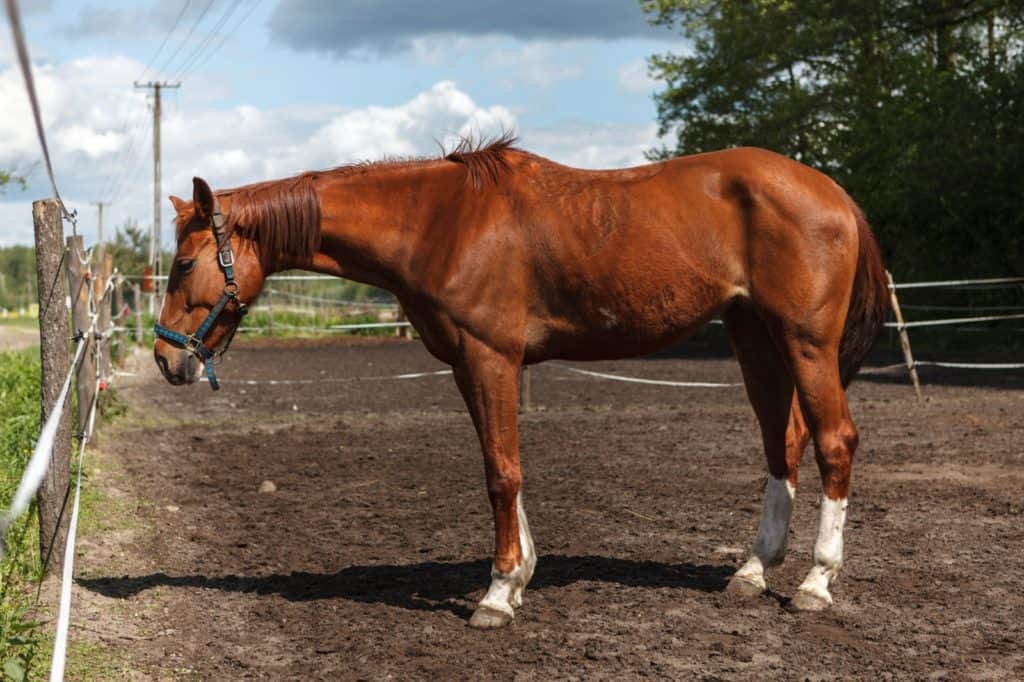
Considering a Horse’s Quality of Life
An owner describes how she made the difficult decision to euthanize her “heart horse” based on his quality of life.

An owner describes how she made the difficult decision to euthanize her “heart horse” based on his quality of life.

Learn about sales agreements, leasing horses, liability, and more during our live event.

Vets are using serum amyloid A, a naturally produced protein, to detect equine infections and monitor treatment.

Veterinarians and farriers often have busy schedules. Here are some tips to help expedite their visits when they arrive.

Horses tend to hurt themselves no matter how well we try to protect them. Download this free guide to learn about the five different types of wounds and basic equine wound care.

One veterinarian describes how she handles these dangerous bites in horses.

Dr. Ernest Bailey explains how to collect a DNA sample from your horse and how the lab tests it.

Of the 420 respondents, 349 people (83%) said they have rehabilitated an injured horse.

The collaborative work of the owner, farrier, and veterinarian can dictate a horse’s soundness and overall health.

Many cases of colic in foals can be corrected medically with the assistance of a veterinarian.

Dr. Martin Nielsen gives a basic overview of health issues that could indicate your horse has “worms.”

Unwanted behavior can have a significant impact on mares’ and fillies’ performance across a range of competition events.

Of the 430 respondents, 93 (22%) said they take more than two weeks off work each year for horse-related activities.

Find out how to deworm your horses without promoting drug resistance.

Learn how to right a recumbent horse and what factors influence his survival.

Find equine colic content on TheHorse.com throughout June.
Stay on top of the most recent Horse Health news with
"*" indicates required fields